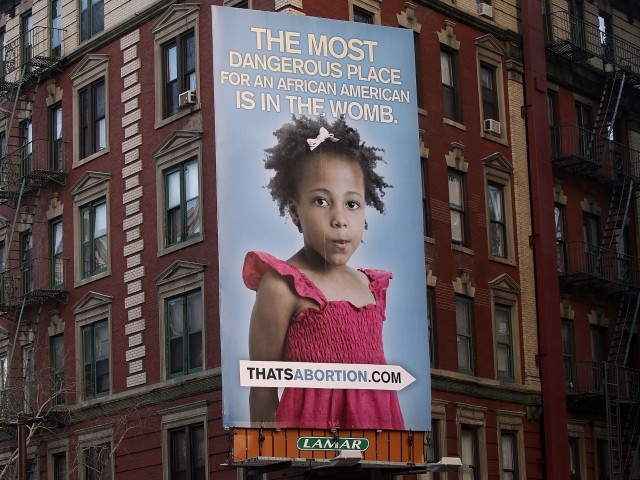

Nearly 630,000 abortions cost the United States roughly $6.9 trillion in 2019 alone, according to a report released this week by Republicans on the Joint Economic Committee (JEC).
The committee released the report in response to claims by U.S. Treasury Secretary Janet Yellen and other economists that restricting abortion would negatively effect the economy by diminishing labor market outcomes of women.
CHILLS. @SenatorTimScott delivers a stunning rebuke to Janet Yellen claiming black women need abortions to succeed: “I’ll just simply say that as a guy raised by a black woman in abject poverty, I am thankful to be here as a United States senator.”
— Mary Margaret Olohan (@MaryMargOlohan) May 10, 2022
“These arguments overlook the far greater economic cost of unrestricted abortion when accounting for the lost lives of the unborn,” Republicans state in the report, entitled “The Economic Cost of Abortion.”
The report differentiated itself from previous government agency reports, noting the economic cost of abortion from the perspective of unborn babies has “been omitted from previous analyses.” The report states:
Applying standard valuation methods used by government agencies to assess the costs and benefits of policy actions that affect mortality risks, we estimate that the economic cost of abortion to unborn babies in the U.S. was $6.9 trillion in 2019, 32 percent of gross domestic product (GDP) that year. This cost is 425 times larger than the $16.2 billion loss in earnings that new mothers would be expected to incur over the first six years of the child’s life.
The report further asserted that abortion “shrinks the labor force.” Republicans calculated that if all of the estimated 63 million babies aborted since the Supreme Court’s 1973 Roe v. Wade decision had been otherwise carried to term and survived to the present time, “they would add nearly 20 percent to the current U.S. population.” Of those, 45 million would be of working age (18 to 64).
The report found that abortion also “weakens the solvency of Social Security and Medicare.” According to the report:
Older Americans (age 65 and older) comprised a record high of 16.3 percent of the U.S. population as of 2020, and this share is expected to increase to 20.4 percent by 2040. This demographic shift will make it more difficult for the relatively smaller number of children to care for their elderly parents. It will also add more pressure to Social Security and Medicare, which are funded by the wages of Americans who are currently working.
Republicans added that faster population growth is “especially pressing” given current estimates that the economic output in the U.S. will “grow at a historically slow pace” of around 1.5 percent per year. That slowed rate is credited in large part to slowed population growth arising from low fertility levels, the report states.
“The U.S. total fertility rate was 1.7 births per woman as of 2021, which is well below the replacement level of 2.1 births per woman,” according to the report.
The report also pointed to abortion’s impact on diversity in the United States. Specifically, the report addressed how black women have abortions at a rate of 23.8 percent per 1,000 women, “nearly four times the rate at which white women have abortions.”
In 2019 alone, non-Hispanic black women comprised 38.4 percent of all abortions, compared to 33.4 percent of non-Hispanic white women. The percentage is especially notable, given that 12.9 percent of all women are non-Hispanic black women and 60 percent are white, the report states. According to the report:
This disparity results in a U.S. population that is less racially and ethnically diverse than it would otherwise be if abortion were restricted. Abortion also reduces diversity through selective termination of babies with disabilities. A previous JEC Republicans report found that selective abortion will reduce the population of Americans with Down syndrome by over 200,000 people over the next 50 years.
Furthermore, JEC Republicans estimated that, based on the 3.7 million live births tallied in 2019 in the U.S., eliminating abortion would reduce the risk of mortality among unborn babies by up to 14 percentage points.
In light of all the facts and figures, Republicans acknowledged in their conclusion that abortion “at its core is a moral issue rather than an economic one.”
“But even in economic terms, arguments that abortion positively affects the economy fail to recognize the cost of abortion to unborn babies and to society more broadly. These costs far outweigh the short run labor market benefits of abortion frequently cited by economists and policymakers,” the report concludes.




